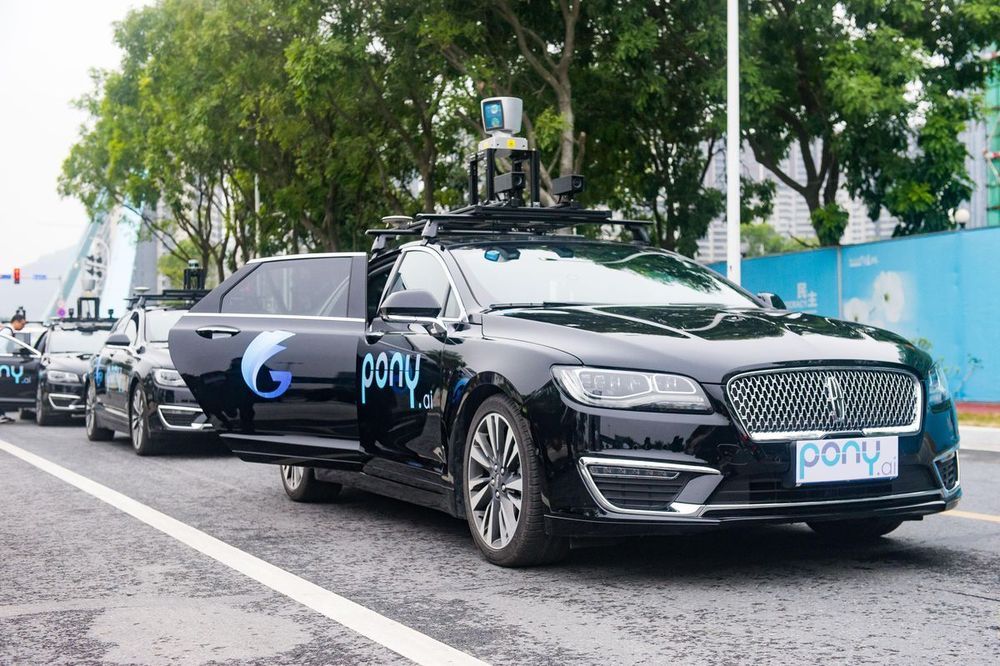Do you agree with these predictions?
The first few months of 2020 have radically reshaped the way we work and how the world gets things done. While the wide use of robotaxis or self-driving freight trucks isn’t yet in place, the Covid-19 pandemic has hurried the introduction of artificial intelligence across all industries. Whether through outbreak tracing or contactless customer pay interactions, the impact has been immediate, but it also provides a window into what’s to come. The second annual Forbes’ AI 50, which highlights the most promising U.S.-based artificial intelligence companies, features a group of founders who are already pondering what their space will look like in the future, though all agree that Covid-19 has permanently accelerated or altered the spread of AI.
“We have seen two years of digital transformation in the course of the last two months,” Abnormal Security CEO Evan Reiser told Forbes in May. As more parts of a company are forced to move online, Reiser expects to see AI being put to use to help businesses analyze the newly available data or to increase efficiency.
With artificial intelligence becoming ubiquitous in our daily lives, DeepMap CEO James Wu believes people will abandon the common misconception that AI is a threat to humanity. “We will see a shift in public sentiment from ‘AI is dangerous’ to ‘AI makes the world safer,’” he says. “AI will become associated with safety while human contact will become associated with danger.”
